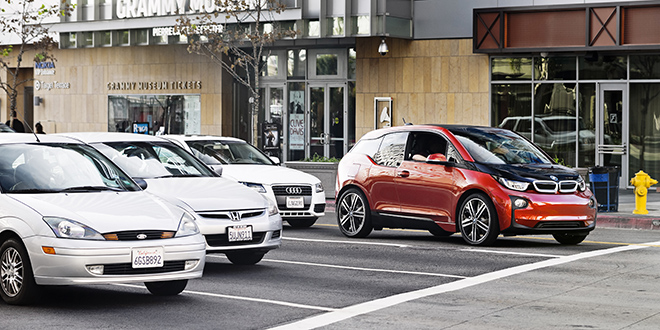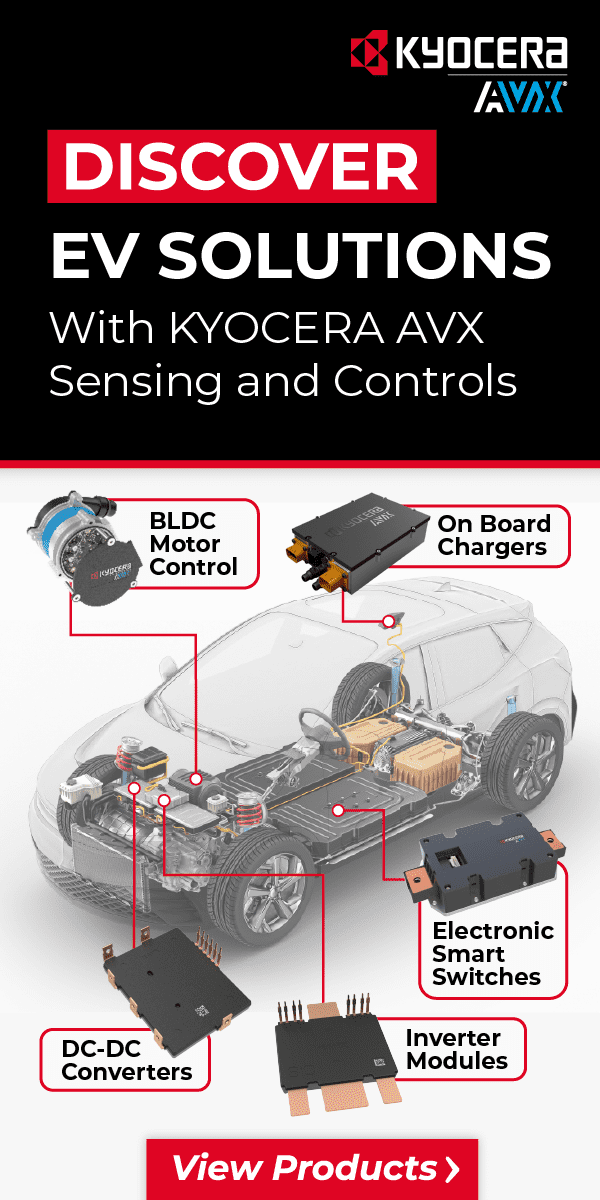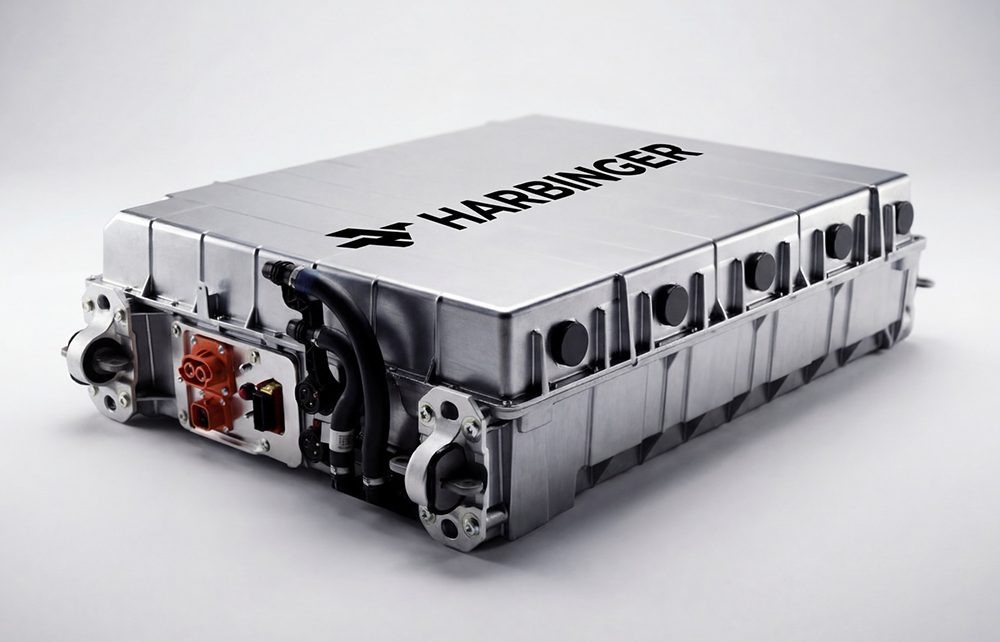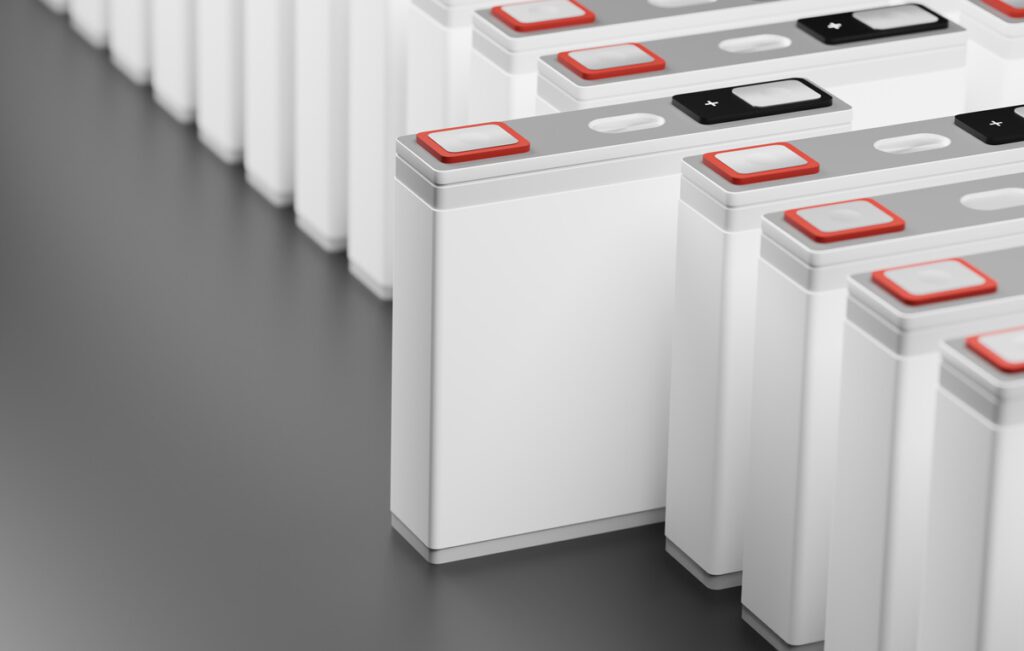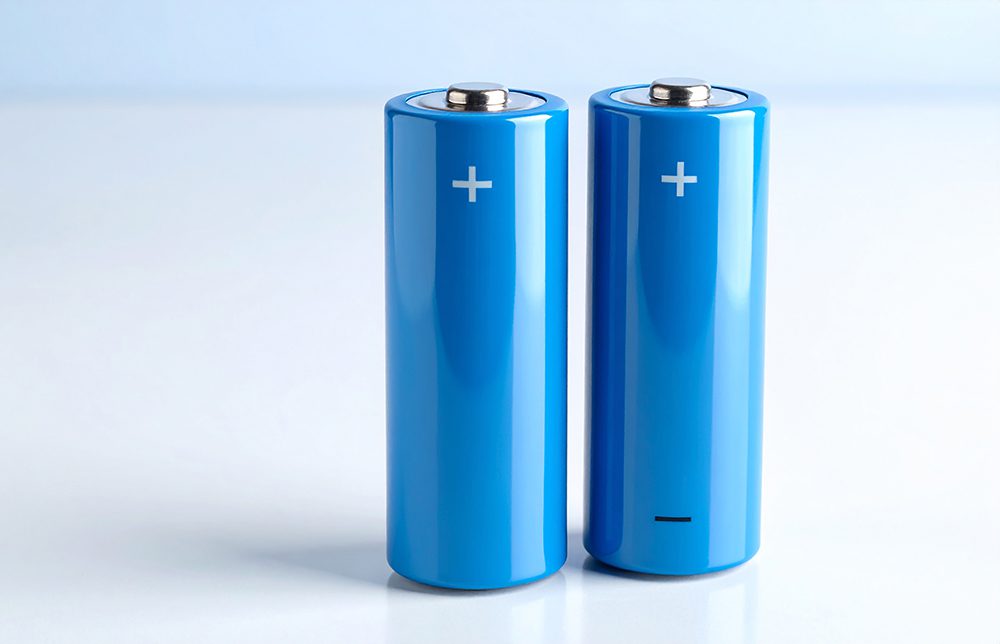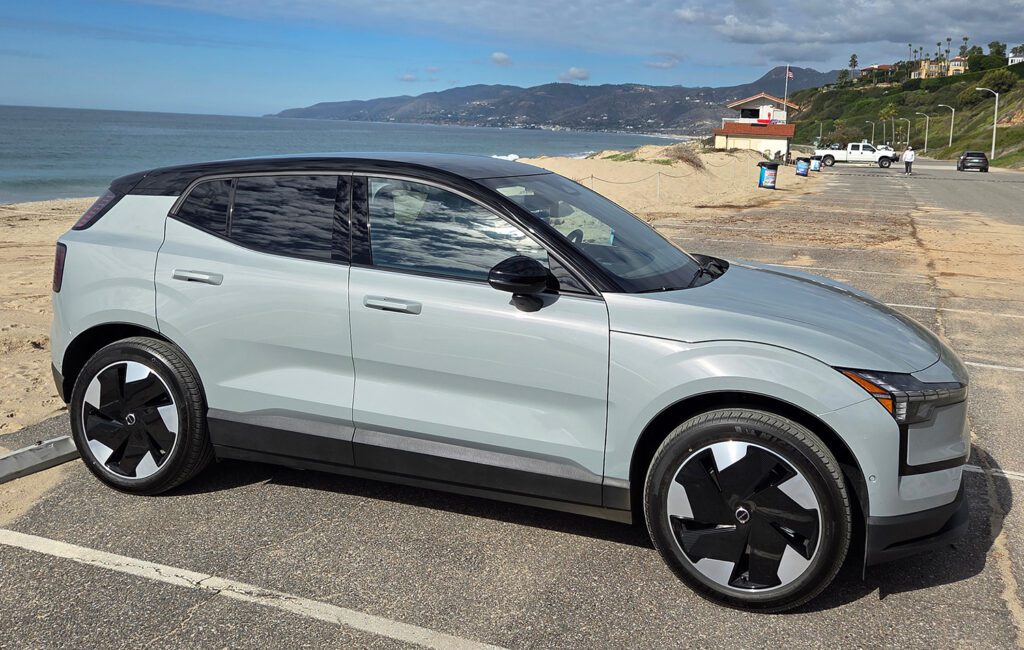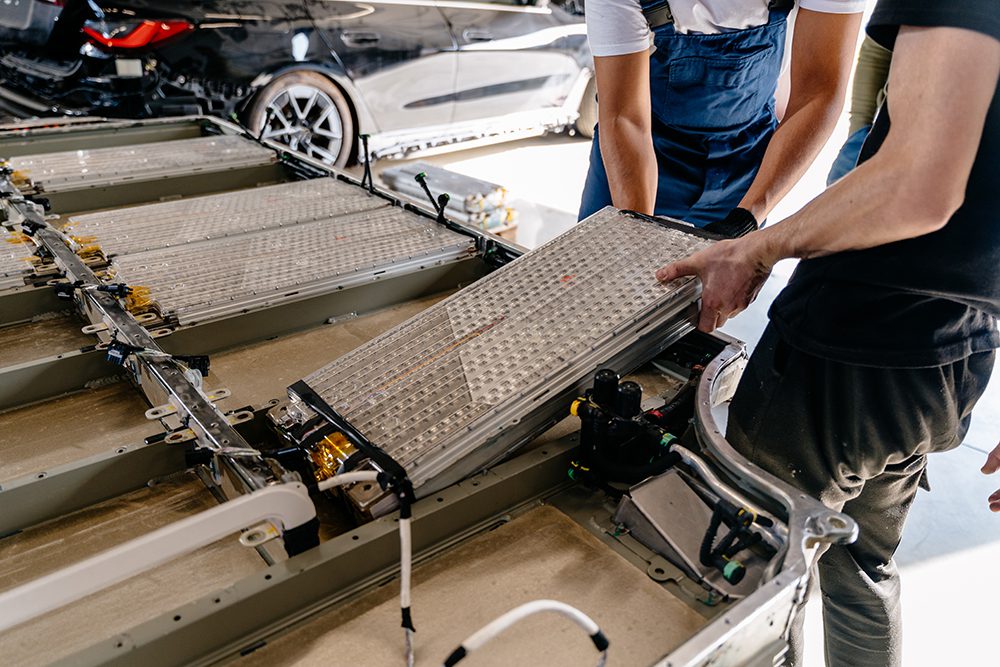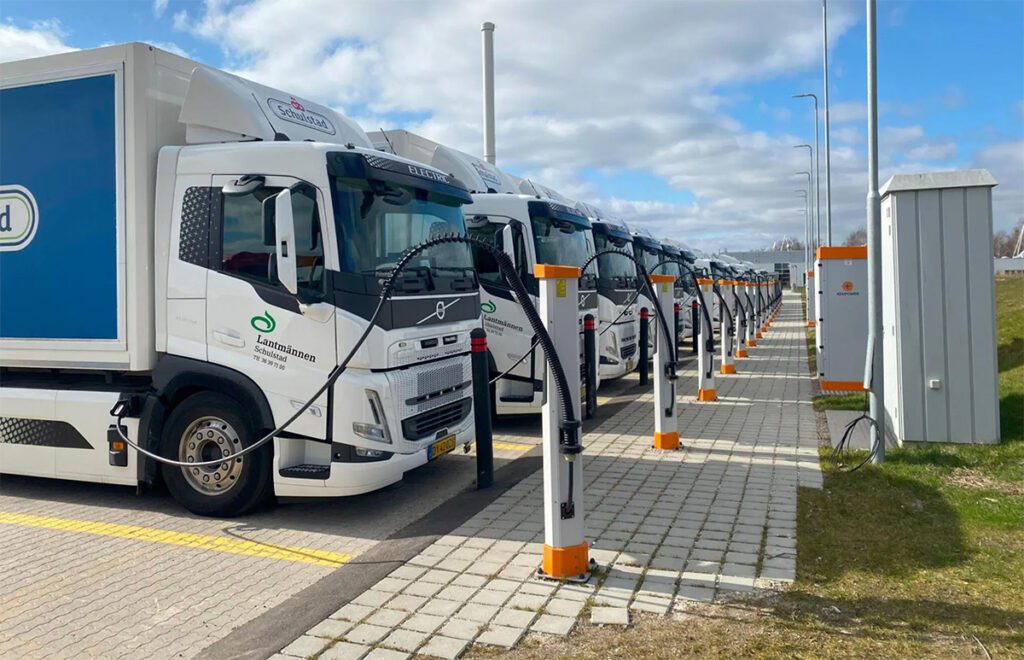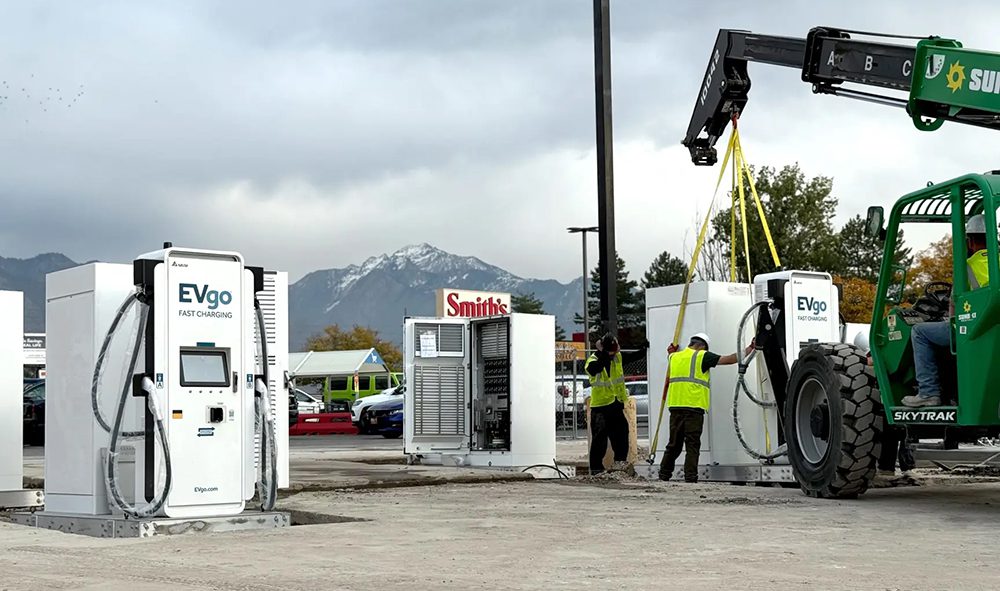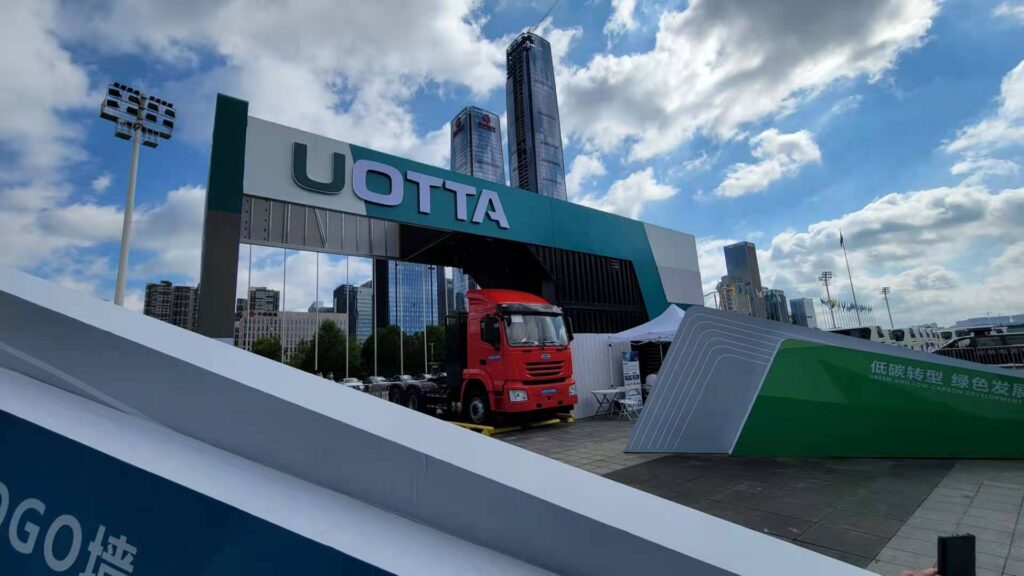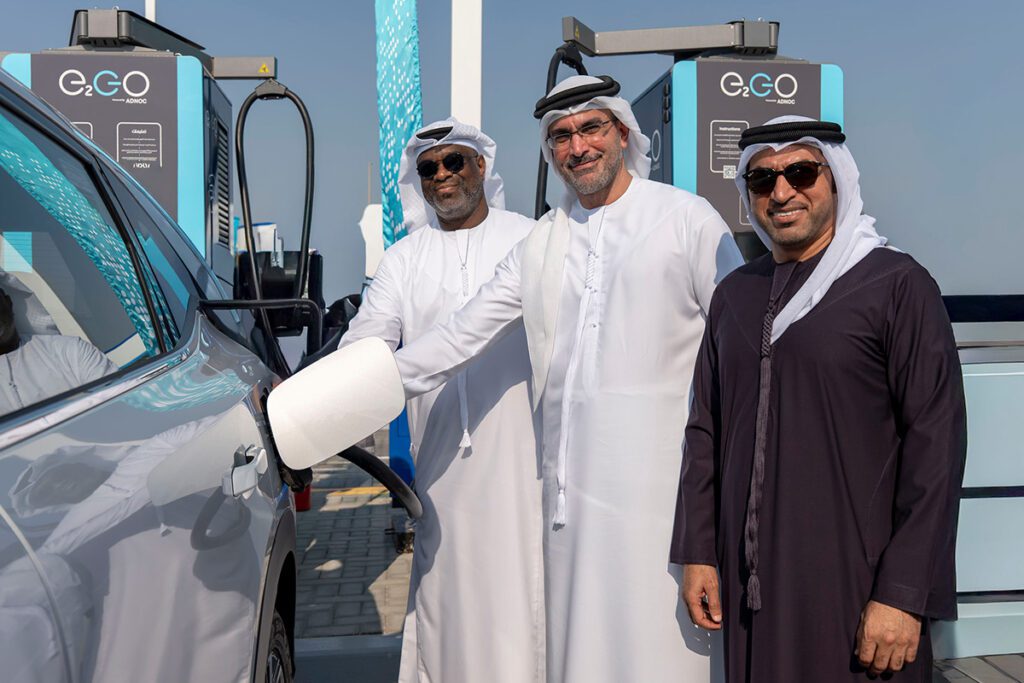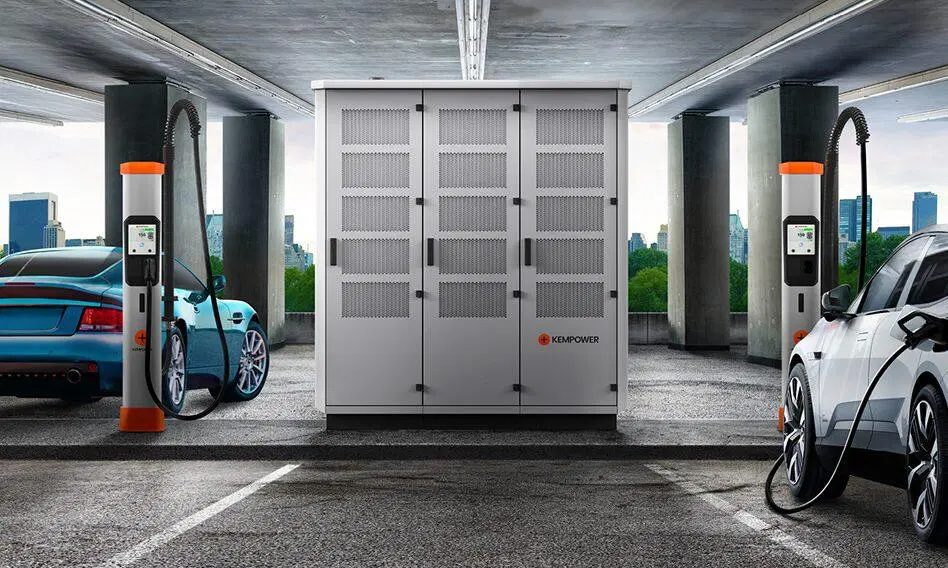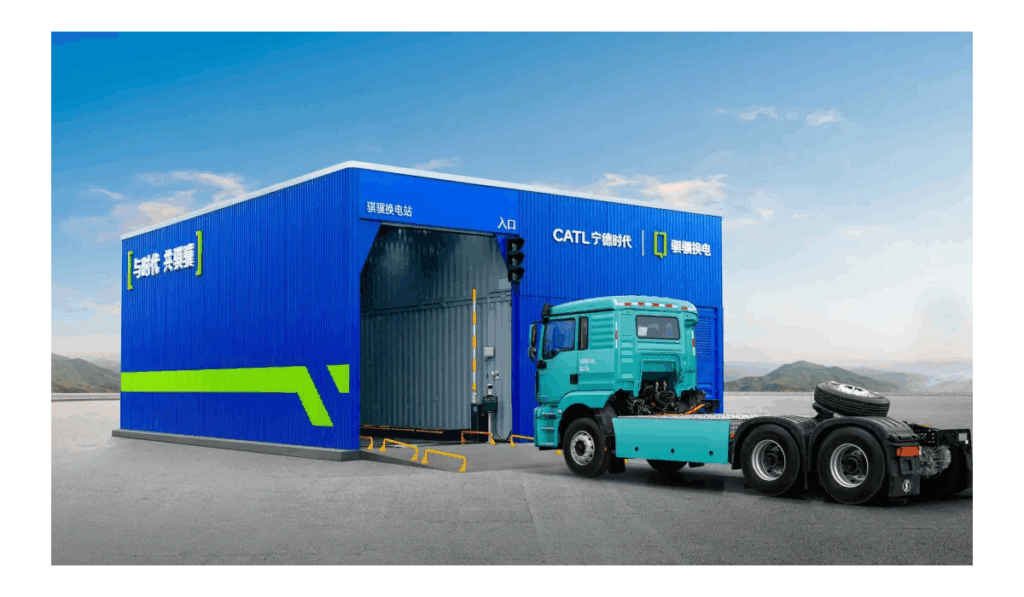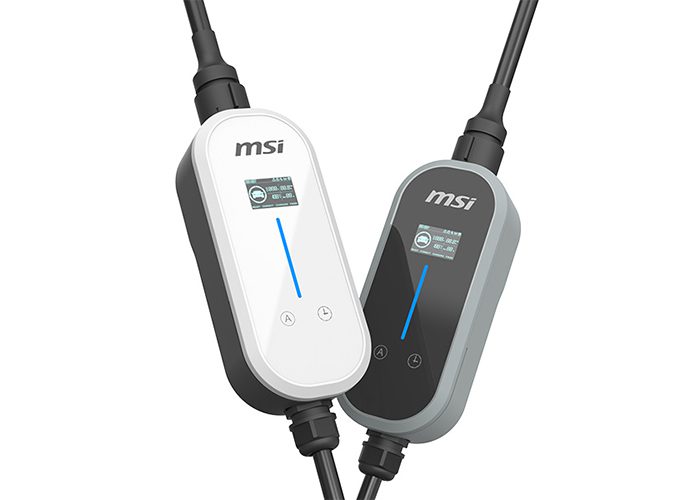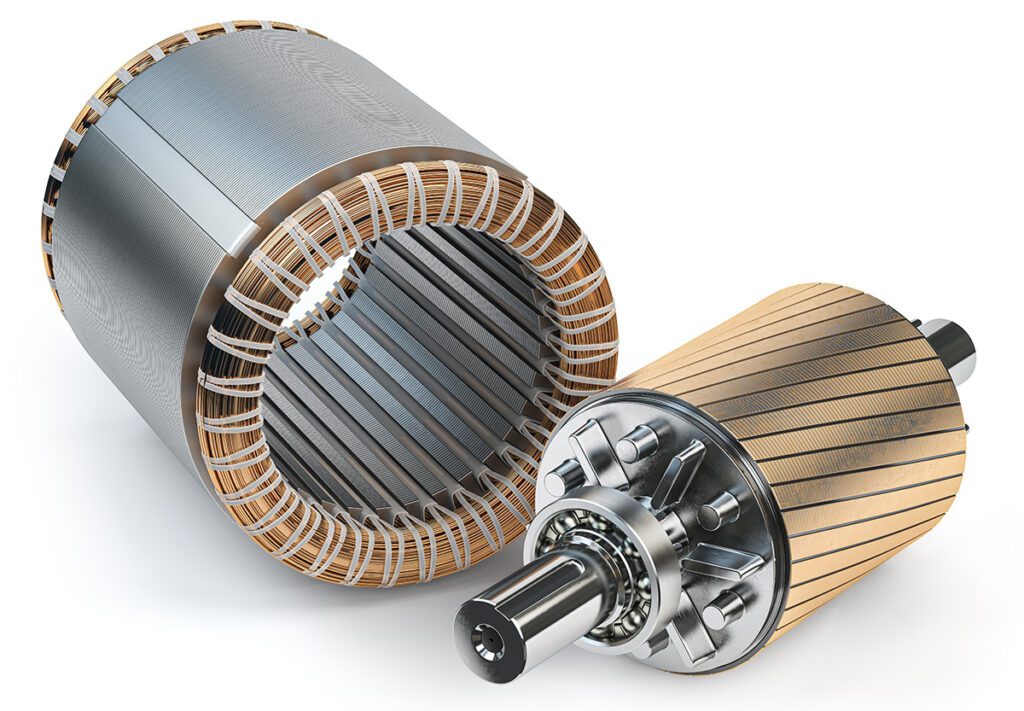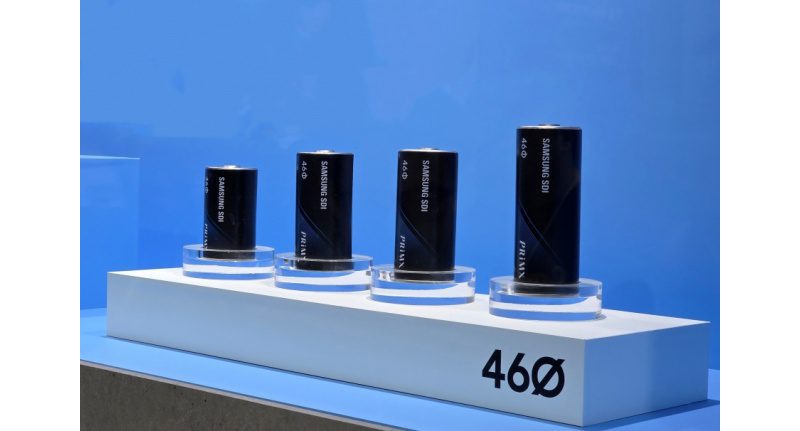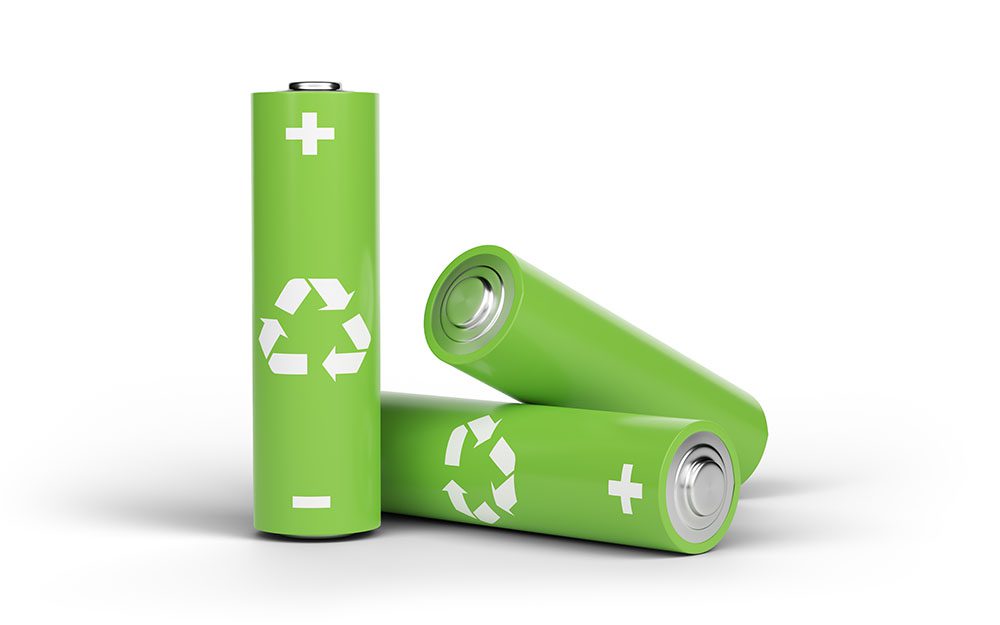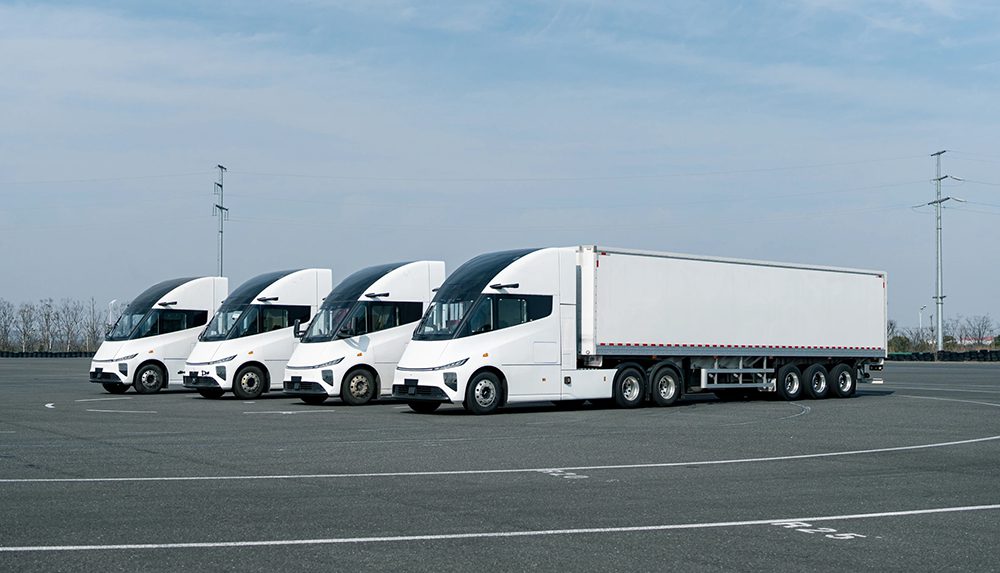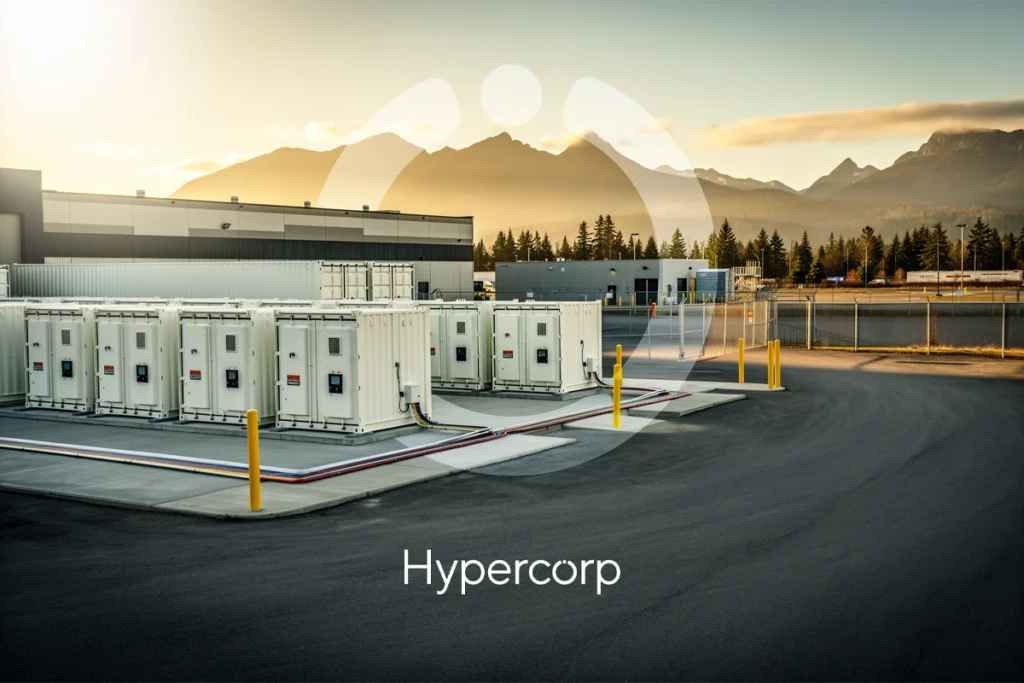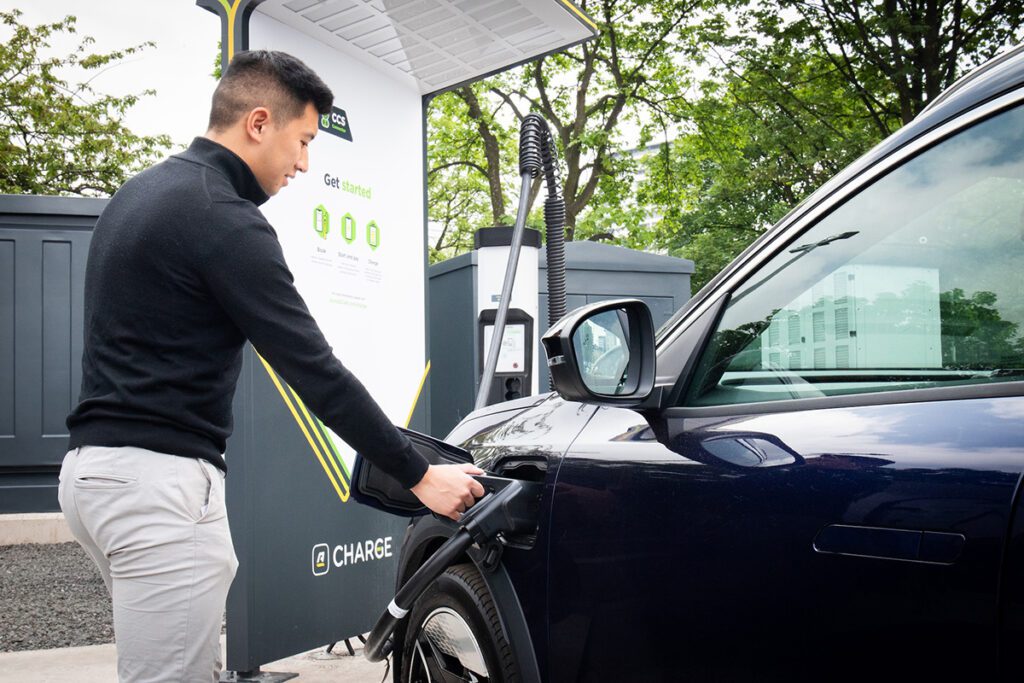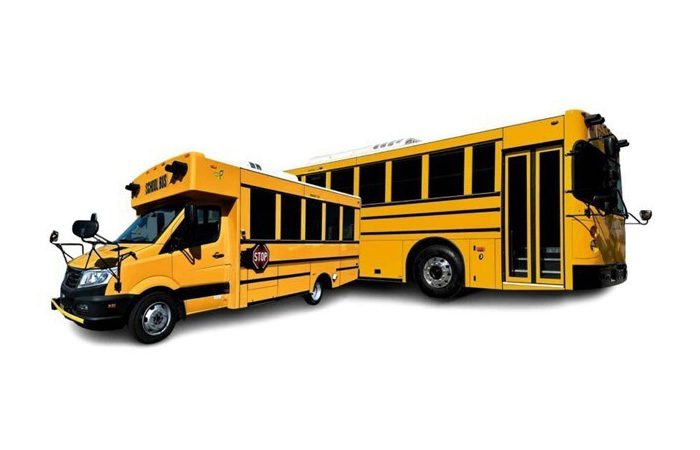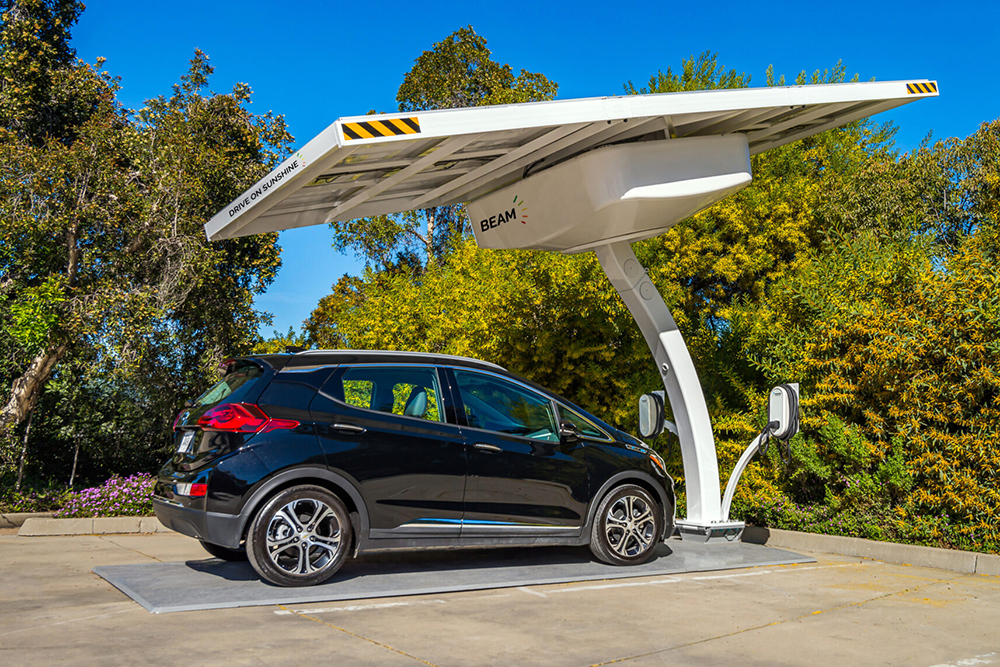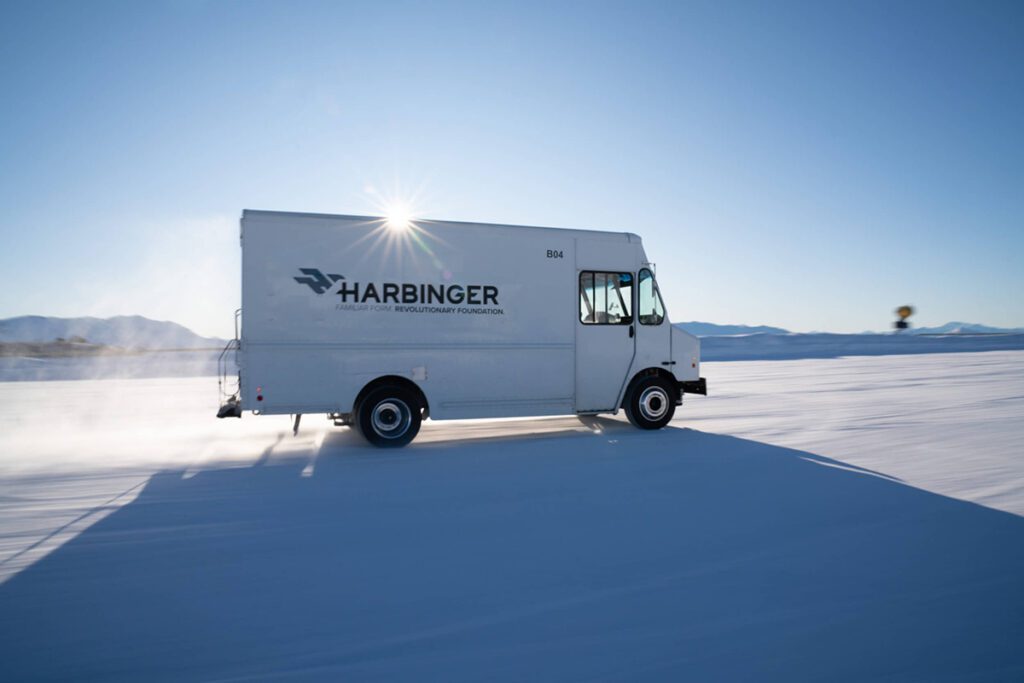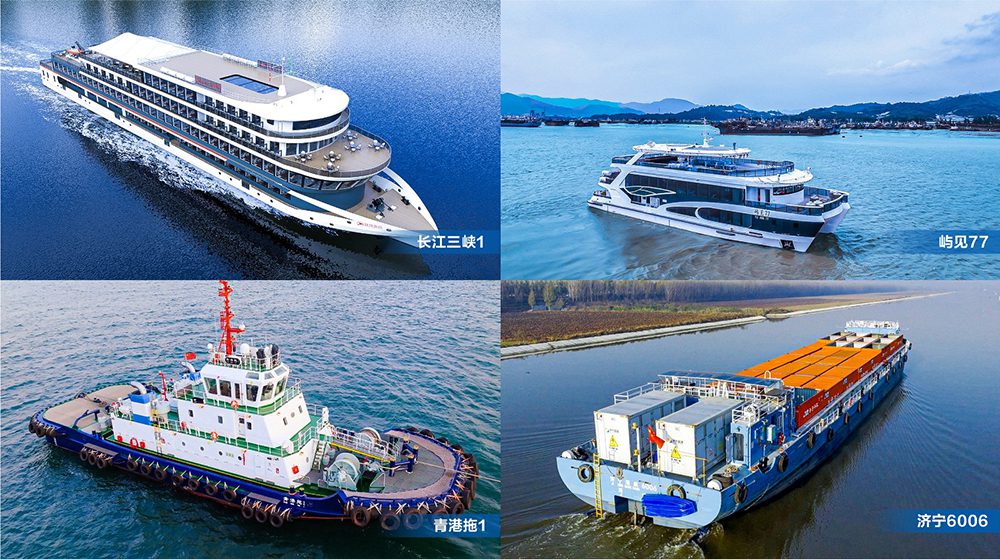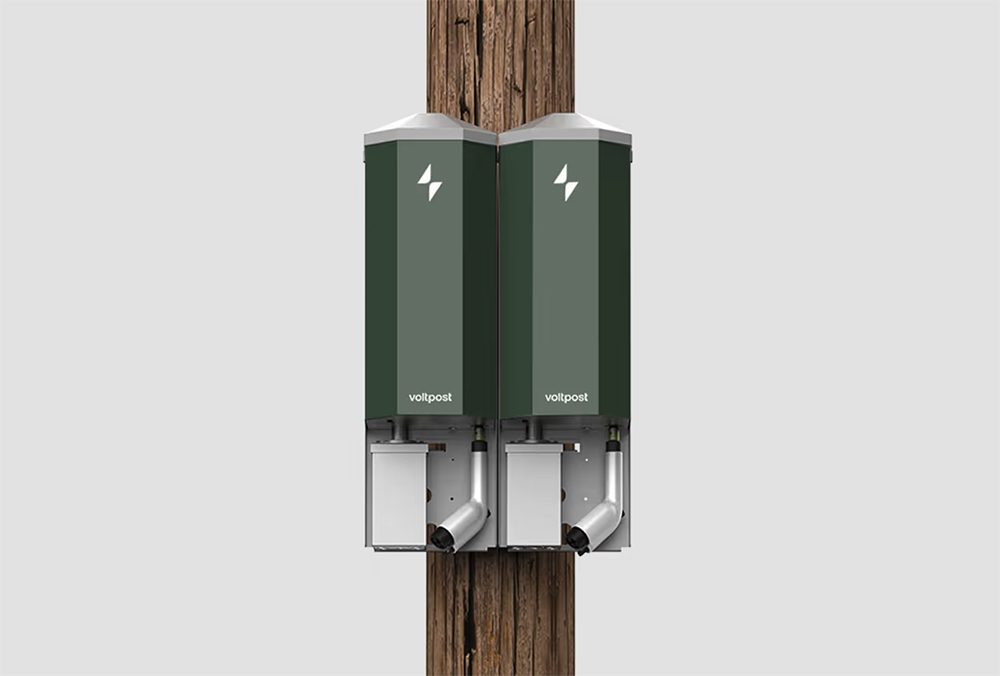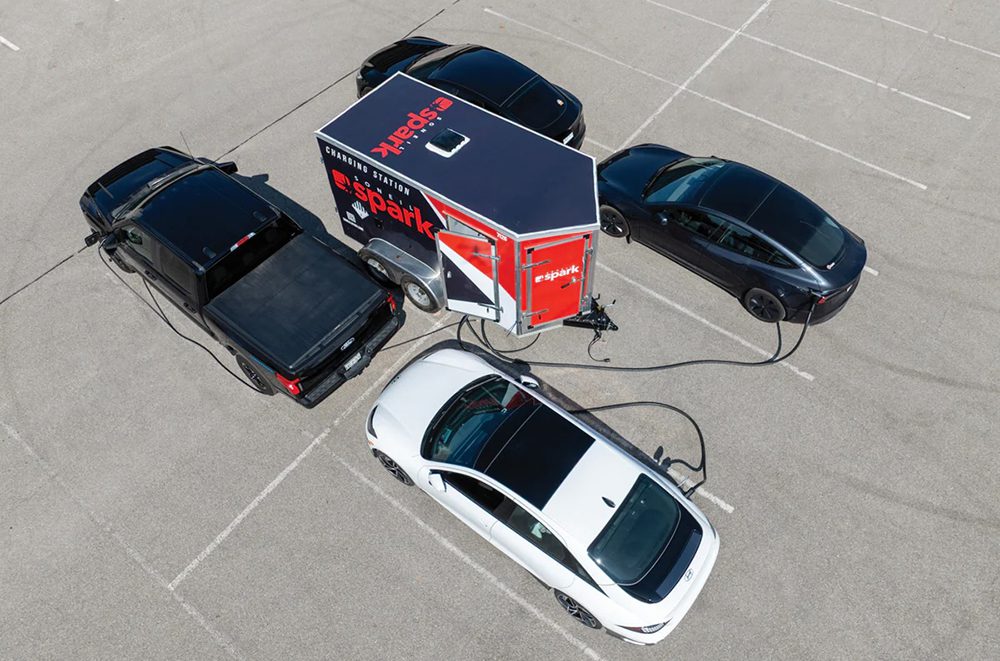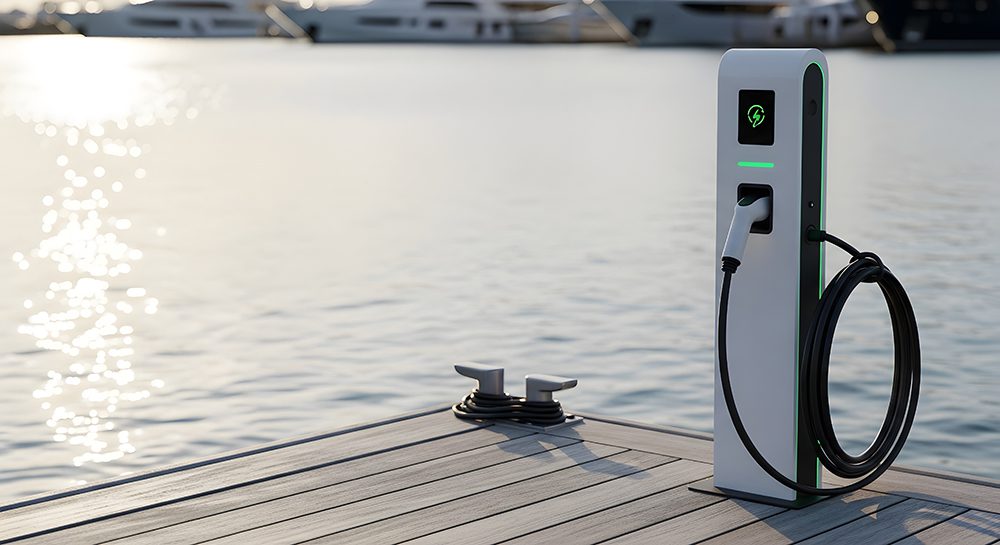Updated 1/10/14 10:00am EST to include response from BMW.
BMW’s new i3 is available with an optional feature that’s the first of its kind – a small range-extending gas engine. However, financial publication The Street reported this week that there’s a drawback to opting for the REx – it makes the car ineligible for California’s “white sticker,” which allows solo drivers to use the carpool lanes.
Anyone who has driven on the parking lots that the Golden State calls highways understands why the carpool lane stickers are prized – there can be little doubt that they influence buying decisions. There are two types: the “white sticker” is for pure electric cars. The “green sticker” is for plug-in hybrids. The REx-equipped i3 qualifies for a green sticker, but unlike the white, these are limited to the first 40,000 cars that apply, a limit that may well be reached by mid-2014, when the i3 will go on sale.
However, The Street incorrectly reported that the REx-equipped i3 is also ineligible for the state’s $2,500 rebate for EV purchases. In fact, as an official BMW response to the article pointed out, it qualifies for the full CA incentive:
The i3 with Range Extender qualifies for the green sticker, which is limited in numbers and will run out in the eventual future (possibly late in 2014). This is technically to be expected since the car is equipped with an internal combustion engine which potentially emits fuel fumes, and thus makes it harder to qualify for the white sticker which typically can be obtained by full battery-electric vehicles (BEV) and Hydrogen vehicles. The white sticker is not limited in terms of numbers. There is a continued, constructive relationship between BMW and CARB executives, and there has been no reversal of position. It also bears mention that the i3 with Range Extender qualifies for the full CA incentive amount of $2,500 – so the statement in the original article that the owners will not receive CA state incentive money is also wrong.
The Street painted the situation as a “catastrophe” for BMW, saying that “a critical selling point has been removed, resulting in a huge victory for Tesla as well as BMW’s other competitors.”
However, as Charged explained in our feature on the i3, BMW’s city car is not a direct competitor for Tesla’s luxury sedan – the two target different types of buyers, and inhabit different price ranges. And, after all, people do buy EVs for other reasons than getting access to carpool lanes.
EV-watchers, including the automakers, will be watching closely to see how many buyers choose to pay an extra $3,850 for the REx. This news may make it a less popular option.
Source: The Street, InsideEVs







